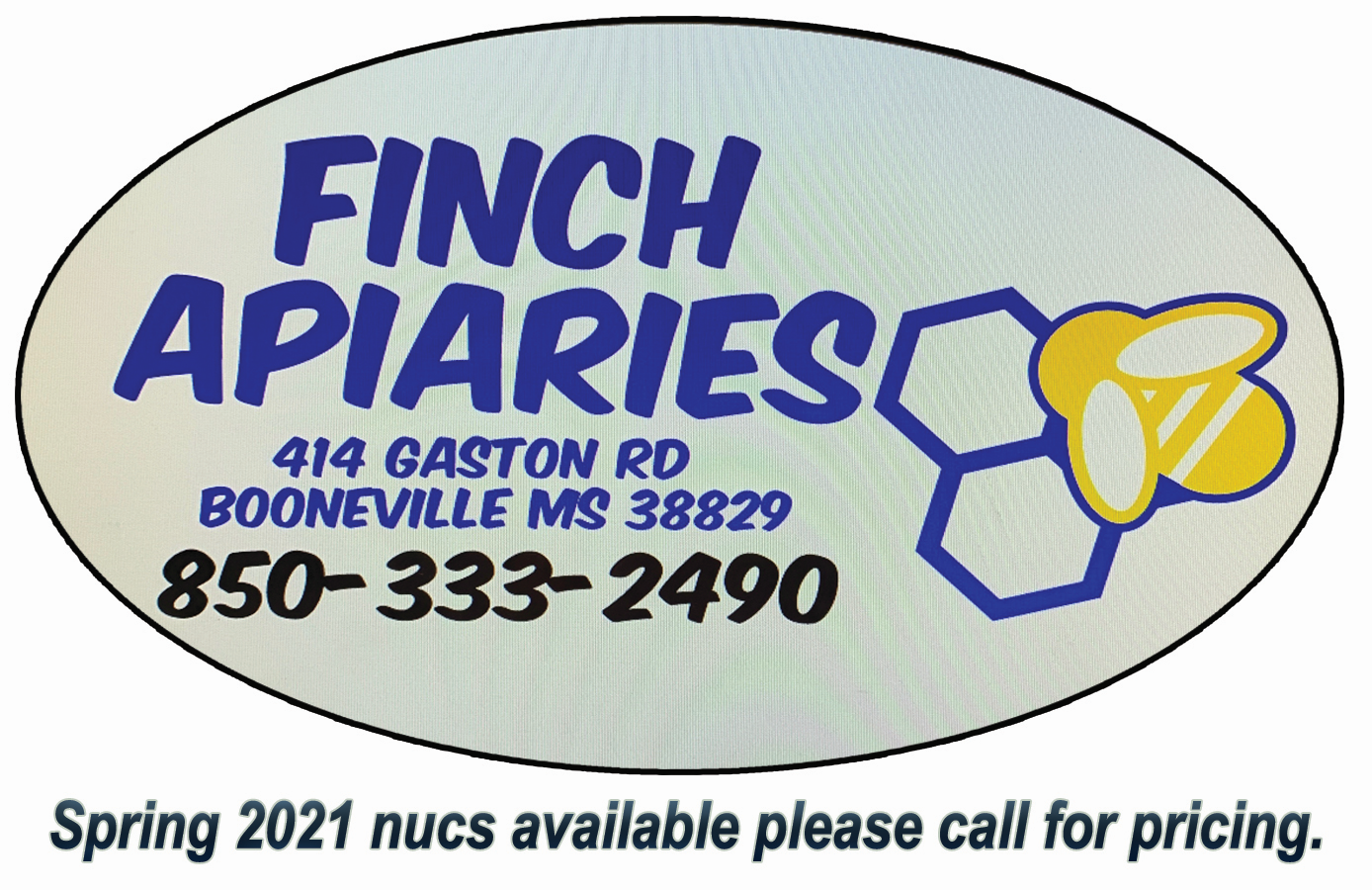UC grant to strengthen honey bee health and crop pollination
Extension apiculturist Elina Lastro Niño (center) of UC Davis opens a hive. A new grant awarded to UCD will help fund ways to aid honey bee health and crop pollination. Kathy Keatley Garvey-UC Davis
The UC Davis Department of Entomology and Nematology is sharing a $900,000 grant from the University of California’s Office of the President to establish a four-campus network of bee researchers and engineers to strengthen honey bee health and crop pollination.
The three-year grant, titled “Strengthening Honey Bee Health and Crop Pollination to Safeguard Food Availability and Affordability” and headed by principal investigator Boris Baer, a UC Riverside professor of entomology, also includes the San Diego and Merced campuses. “I’m very excited about so many different kinds of bee expertise joining forces through this project,” Baer said.
“Most excitingly, this funding will not only support research that will help improve pollinator health so crucial for California’s agriculture, but it will provide opportunities for training of students and postdoctoral scholars,” said co-principal investigator, Extension apiculturist Elina Lastro Niño of the UC Davis Department of Entomology and Nematology, which operates the Harry H. Laidlaw Jr. Honey Bee Research Facility. “Work focused on improving honey bee stocks via novel tools aligns well with ongoing work in the Niño lab and will further cement collaborations with beekeepers and growers.”
Honey bees pollinate more than 80 agricultural crops, accounting for about a third of the American diet.
Researchers attribute the widespread collapse of bee colonies over the past decade to several factors, including pesticide exposure, spread of parasites and pathogens, habitat destruction and environmental changes.
Population declines have resulted in decreased pollination services and increased food prices. Worldwide declines continue despite substantial efforts of researchers, beekeepers, conservationists, and growers to identify the issues facing pollinator communities and develop innovative solutions.
In the successful grant proposal, part of the Multicampus Research Programs and Initiatives, the researchers wrote:
“Safeguarding honey bees and their pollination services requires beekeepers to be better able to manage the health and survival of colonies, which requires research into the causal factors and interactions affecting pollinator health, and the development and implementation of novel tools in close collaboration with industry partners.”
Niño, who works closely with California beekeepers, launched and directs the California Master Beekeeper Program, which uses science-based information to educate stewards and ambassadors for honey bees and beekeeping.
“The current coronavirus pandemic and impending recession is putting more pressure on agriculture to provide sufficient and affordable food,” the researchers pointed out in their grant proposal. “Honey bees are key to such efforts, and supporting a California based beekeeping industry also decreases the state’s dependence on managed pollination from elsewhere, thereby creating new jobs and income.”
Funding also will help provide research opportunities for undergraduates, including underrepresented students, with the goal of ensuring that the pipeline of students who enter research, academia, industry, and multiple other professions reflects the diversity of the communities in which they learn and work.
Other co-principal investigators are James Nieh and Joshua Kohn of UC Diego; and Kerry Mauck, Tsotras Vassilis, and Kim Hyoseung of UC Riverside. Marilia Gaiarsa of UC Merced is a co-investigator.
________________________________________________________________________________










